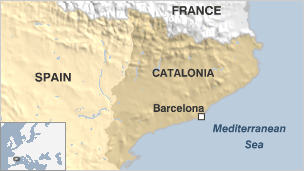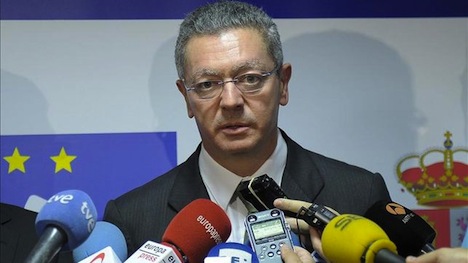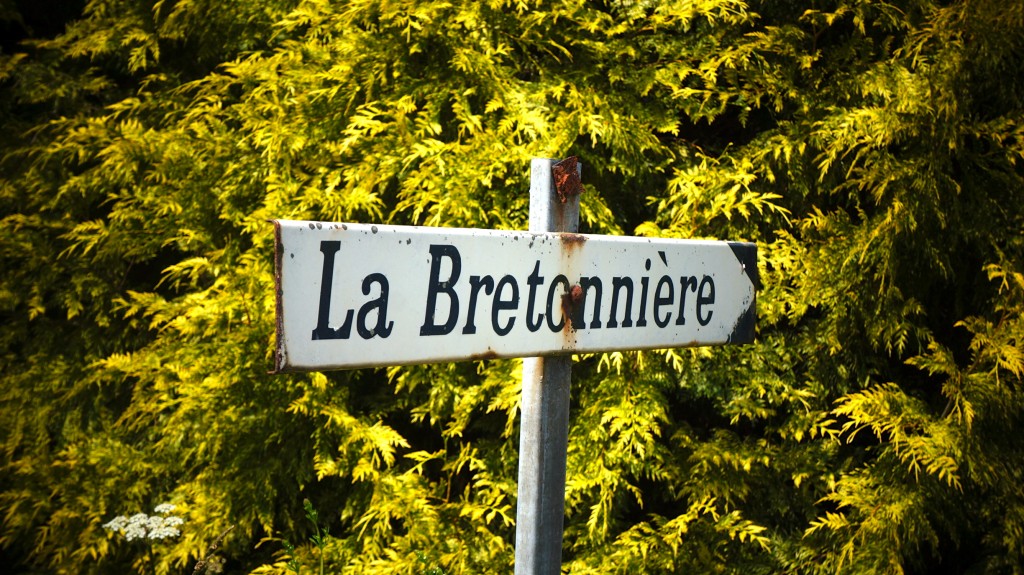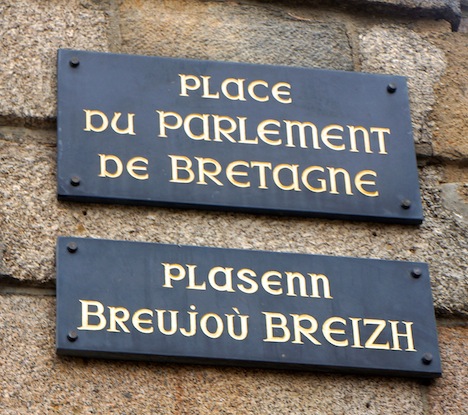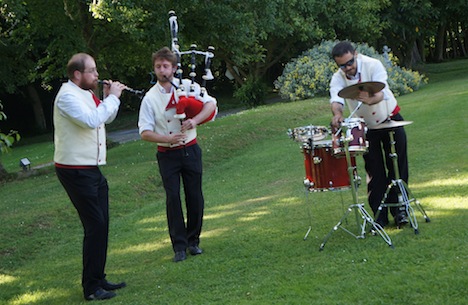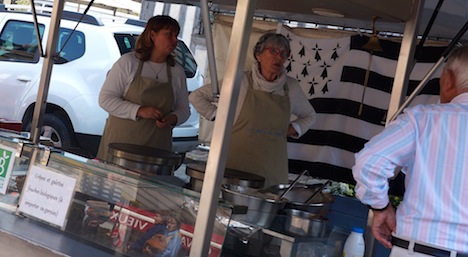For nearly two decades, the most dominant force in Québec politics was the Bloc québécois, a sidecar vehicle to the province-level Parti québéecois that has fought, more or less, for the French-speaking province’s independence for the better part of a half-century.![]()
![]()
From 1993 until 2011, the BQ controlled nearly two-thirds of all of Québec’s ridings to the House of Commons. In the mid-1990s, with western and eastern conservatives split, and the Jean Chretién-era Liberal Party dominating national politics, the BQ held the second-highest number of seats in the House of Commons, making the sovereigntist caucus, technically speaking, the official opposition.
That all changed in the 2011 election, when the New Democratic Party (NDP) breakthrough made it the second-largest party in the House of Commons. It did so nationally by stealing votes from the Liberals, but it did so in Québec in particular by poaching votes from the Bloc, whose caucus shrank from 47 members to just four.
Moreover, as the BQ heads into October’s general election, its caucus has dwindled to just two seats, due to defections, and there’s a good chance that the party will be wiped out completely in 2015.
If it is, and the BQ époque firmly ends next month, it could send a chilling lesson to separatist movements throughout the developed world. Most especially, it’s a warning for the Scottish National Party (SNP), which is riding so high today — the SNP controls a majority government in Scotland’s regional assembly and it won 56 out of the region’s 59 seats to the House of Commons in the United Kingdom’s May 2015 general election. But the lesson for the SNP (and other autonomist and separatist parties) may well be that there’s a limit to protest votes, especially if electorates believe that nationalist movements like the SNP or the Bloc can neither extract more concessions from national governments or take part in meaningful power-sharing at the national level.
The Bloc‘s collapse in the early 2010s might easily foretell the SNP’s collapse in the 2020s for exactly the same reasons.

The return three months ago of the Bloc‘s long-time former leader, Gilles Duceppe (pictured above), was supposed to restore the party’s fortunes. Instead, the 68-year-old Duceppe risks ending his political career with two humiliating defeats as the old and weary face of an independence movement that has little resonance with neither young and increasingly bilingual Quebeckers nor the deluge of immigrants to the province for whom neither French nor English is a first language. Some polls even show that Duceppe will lose a challenge to regain his own seat in the Montréal-based riding of Laurier-Sainte-Marie, where voters preferred the NDP’s Hélène Laverdière in 2011.
Outliving its usefulness?
The BQ’s collapse at the national level holds important consequences for Canada’s federal politics. Without the Bloc‘s lock on one-sixth of the House of Commons, it becomes much easier to win a majority government. Even in the event of a hung parliament, though, assembling a majority coalition will still be easier for the three major parties, because none of the Conservatives, the Liberals or the NDP would risk forming a coalition with Québec MPs who want to leave Canada. More importantly, with the Bloc no longer holding so many ridings in Québec, Canada’s second-most populous province, it opened the way for the NDP’s rise in 2011. In retrospect, the NDP’s social democratic roots were always a natural fit for Québec’s chiefly left-of-center electorate. The NDP’s continued strength in Québec in the present campaign means that it is a serious contender to form the next government.
The most recent CBC poll tracker average, from September 14, shows the NDP leading with 42.8%, far ahead of the Liberals, with 25.7%, the Conservatives, with 14.9%, and the anemic Bloc, with just 13.2%. Continue reading Bloc Quebecois faces existential crisis in October election


